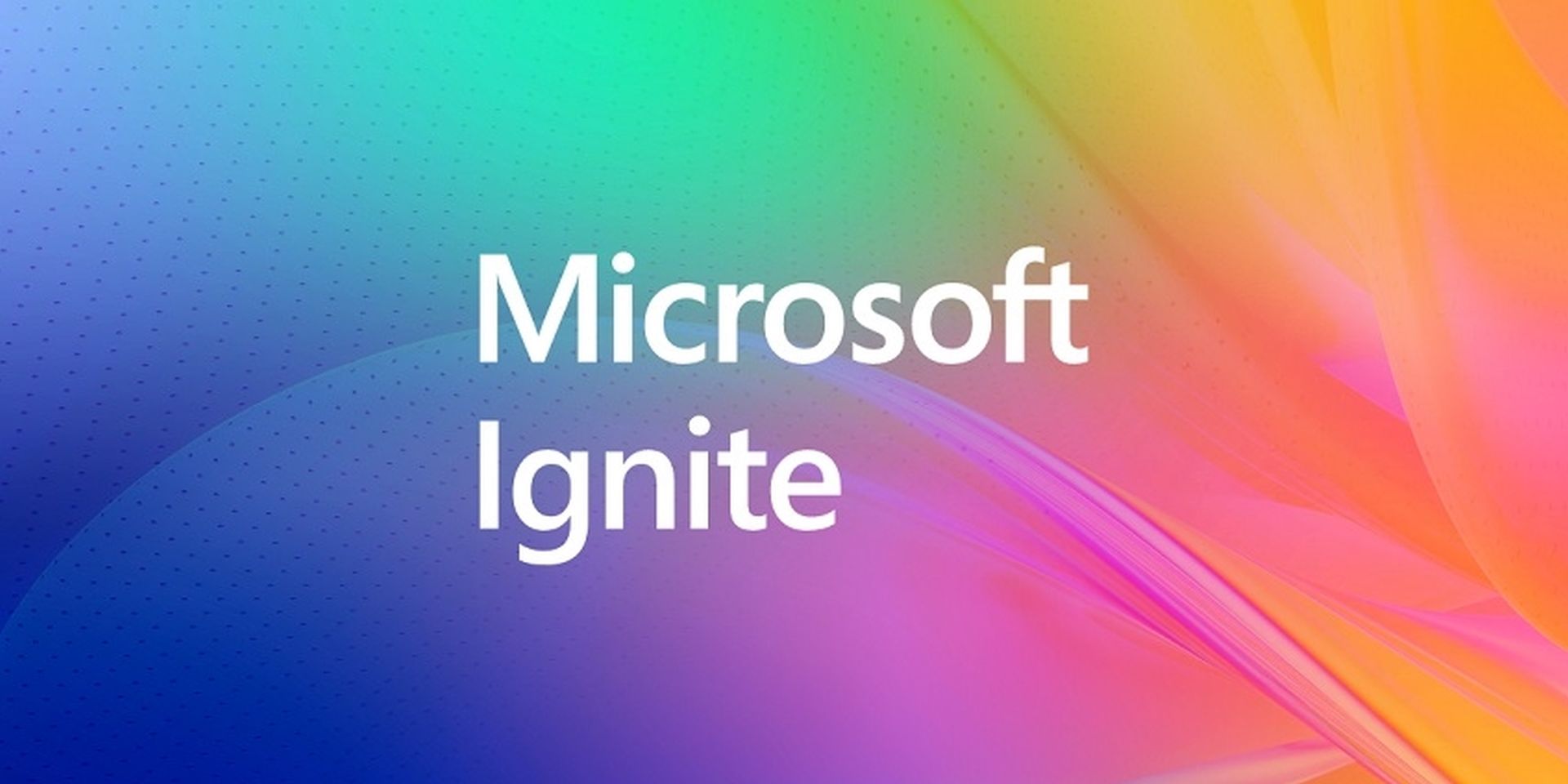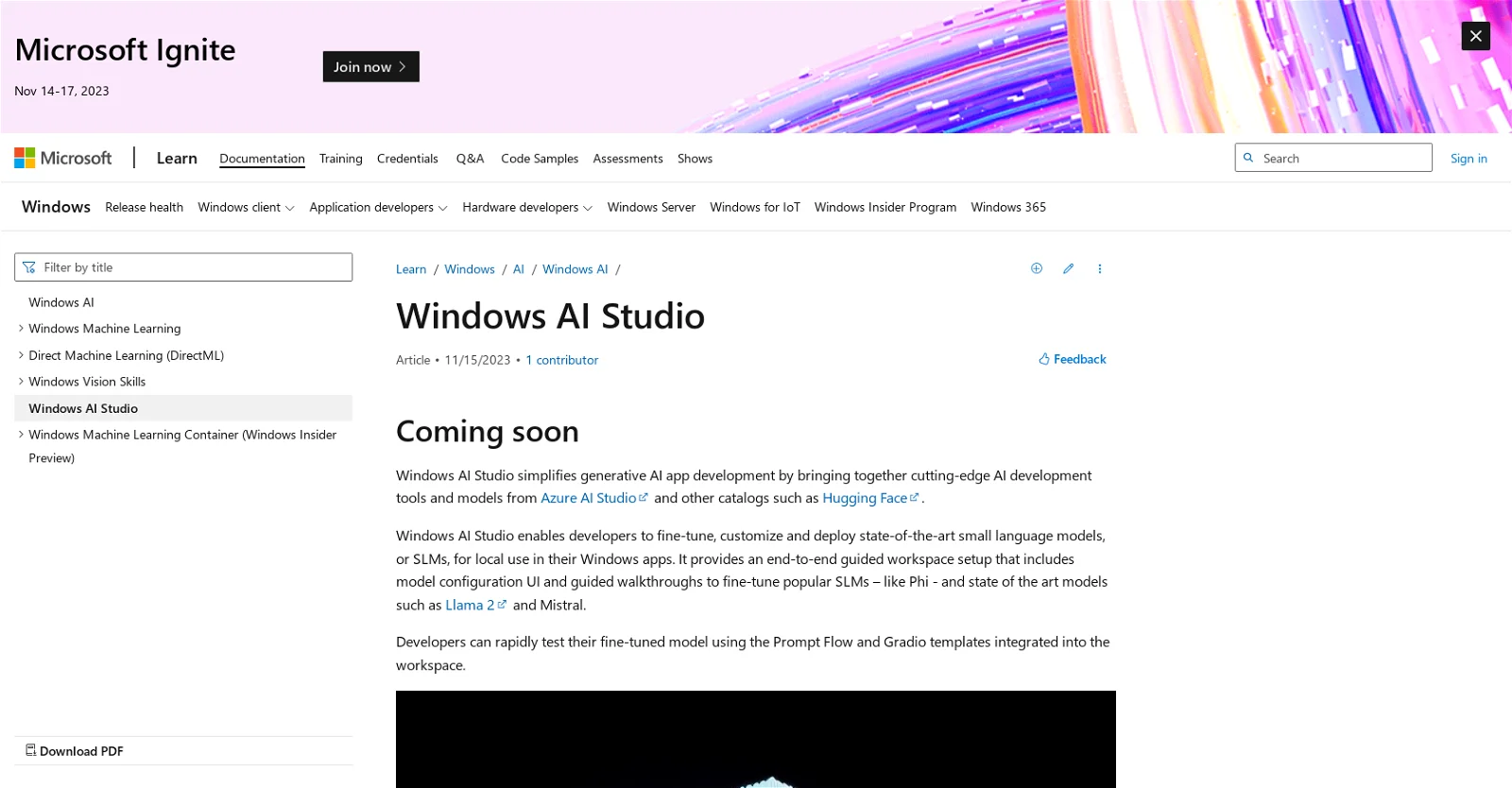Microsoft is taking a leap in bringing generative AI experiences to Windows devices with the introduction of Windows AI Studio
Microsoft Unveiled at the Ignite 2023 conference and set to launch in preview soon, Windows AI Studio aims to streamline AI development for Windows developers. This new tool serves as a successor to the now-defunct AI Platform for Windows developers, offering a consolidated platform for AI tools and a catalog of generative AI models.
Unlike its predecessor, Windows AI Studio empowers developers with the flexibility to deploy models either locally or in remote data centers, or even in a hybrid local-cloud configuration. This move aligns with Microsoft’s commitment to supporting the rapidly evolving field of AI and enabling developers to kickstart their AI development quickly on Windows.
Logal Lyer, a distinguished engineer in Microsoft’s Windows and devices group, emphasized the priority of providing developers with the necessary tools and resources as soon as they become available. Windows AI Studio’s model catalog is comprehensive, drawing from both Microsoft’s models and third-party repositories like Hugging Face’s. Developers can select, configure, fine-tune, and test their models for local deployment, using their own datasets before deciding on the execution environment.
Lyter highlighted the lack of a guided step-by-step interface for developers to fine-tune their models as a bottleneck in deploying generative AI features rapidly. Windows AI Studio addresses this by offering a guided interface, allowing developers to focus on coding while the platform handles the heavy lifting and supports them in integrating generative AI features into their apps.
Future updates to Windows AI Studio will introduce a feature called prompt flow, enabling automatic switching between smaller, faster local models and larger, more capable cloud-hosted models. Additionally, for supported hardware with dedicated AI accelerator chips or GPUs, Windows AI Studio will incorporate more capable local models, including Meta’s Llama 2 and Stability AI’s Stable Diffusion XL.
Microsoft’s plan to launch Windows AI Studio as an extension for VS Code, its open-source code editor, further emphasizes its commitment to providing developers with greater choices in deploying models either on the cloud or locally on the Windows edge.
In light of the current challenges surrounding securing cloud resources for scaling AI models, Windows AI Studio comes as a welcome solution for developers. The ease of running performant models locally is a key factor that will be scrutinized when the public preview becomes available, offering a hands-on experience for developers eager to explore this new frontier in AI development.










